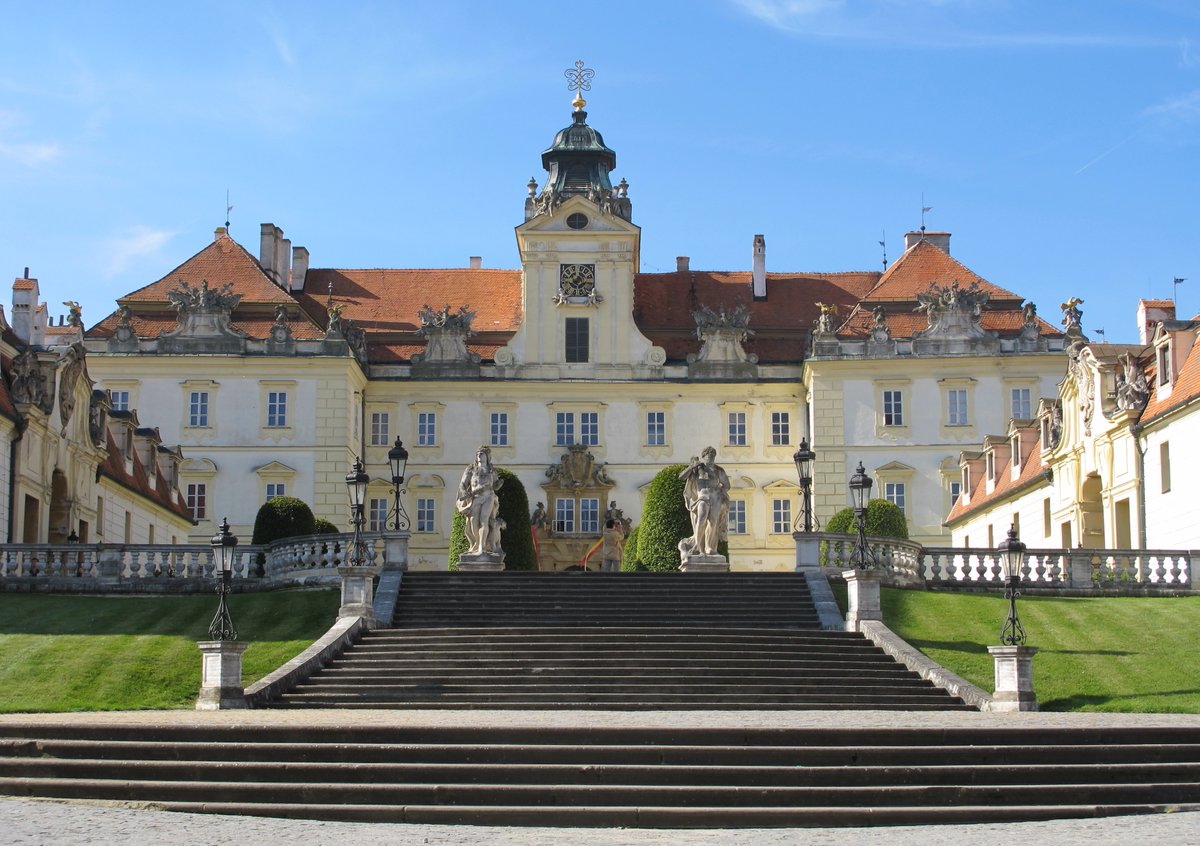
An English born German Count of Italian origin, who was given as ransom for an English king, a title his family would inherit centuries later ruling it at its zenith.
Story in the evening ...
Story in the evening ...
https://twitter.com/Arby_K/status/1318734649888157702
Wilhelm von Lüneburg was born in Winchester, England in 1184, when his father Heinrich der Löwe was in exile. Though Wilhelm came from the German House of Welf, his paternal ancestors were from the Italian House of Obertenghi, descended from Alberto Azzo d'Este of Milan. 1/10 

Wilhelm's father was once the Duke of both Saxony and Bavaria, but had lost most of it after conflict with his cousin, Emperor Friedrich Barbarossa. In 1180, he had gone in exile to England with his wife Matilda, daughter of the English King Henry II. 2/10 

In 1185, Heinrich returned to Germany, leaving young Wilhelm behind. In 1194, Wilhelm and his brother, Otto, reached Germany, as hostages in return for their uncle's release. Their uncle, King Richard, had been captured by Austrian Duke Leopold while returning from Crusade. 3/10 

The death of Emperor Heinrich (Barbarossa's son) in 1197 would propel the House of Welf back to power in Germany, with Otto crowned as King of Germany in 1198, with the English king's backing. Otto would be later crowned as Emperor in 1209 as well. 4/10 

In the division of the Welf estates, Wilhelm would gain control over Lüneburg and Brunswick, which would form the base for the House of Welf in years to come, as only Wilhelm would have surviving male heir. 5/10 

In 1235, Duchy of Brunswick-Lüneburg was formally created as an imperial fief with Wilhelm's son, Otto, enfeoffed as duke. The duchy would go through many internal divisions - Wolfenbüttel, Calenberg, Lüneburg, Göttingen, Göttingen and many more minor ones. 6/10 

In 1692 after consolidation of the various branches, the Calenberg line would be elevated to the role of Electorate of Brunswick-Lüneburg, with its capital at Hanover. 7/10 

In 1714, Elector George would be crowned King of Great Britain and Ireland. The descendants of Wilhelm von Lüneburg who had to leave as hostage for the English king, would return and rule over England when it was at its mightiest. 8/10 

Queen Victoria would be the last patrilinear descendant (Is that the term?) of Wilhelm von Lüneburg to rule England, as her husband belonged to the House of Wettin, another ancient German house. 9/10 

The Wolfenbüttel line would also survive ruling in Duchy of Brunswick after the Congress of Vienna in 1815. But neither they nor the Hanover line would retain any power after the formation of the German Empire. 10/10 

• • •
Missing some Tweet in this thread? You can try to
force a refresh














